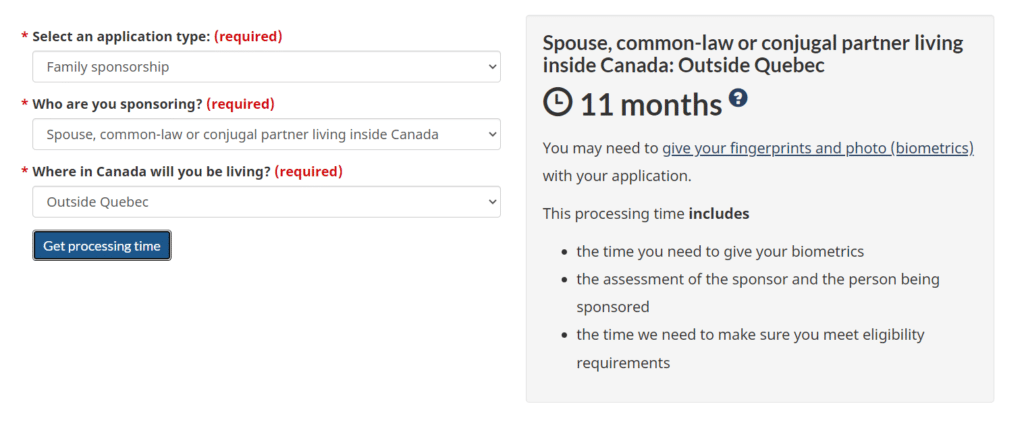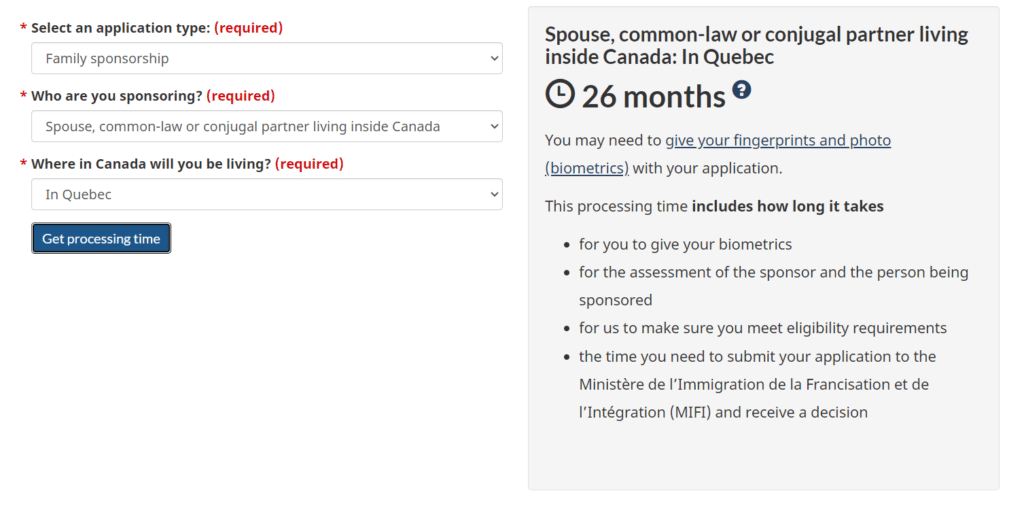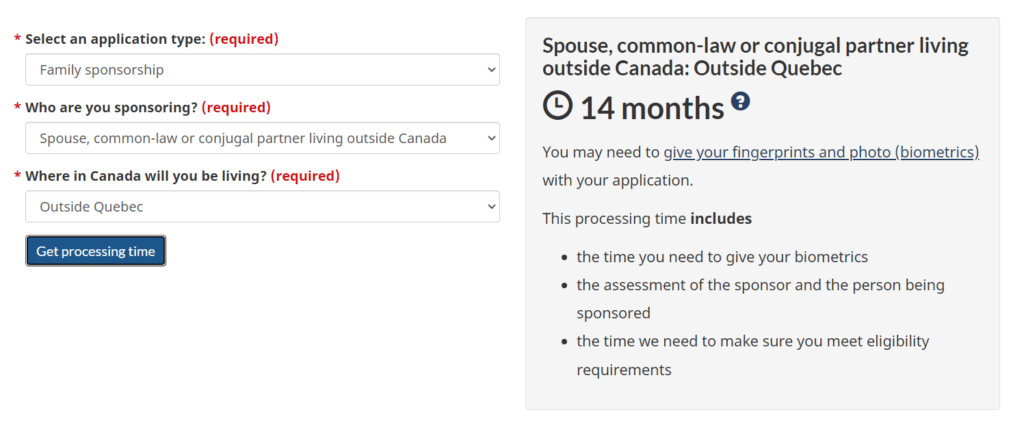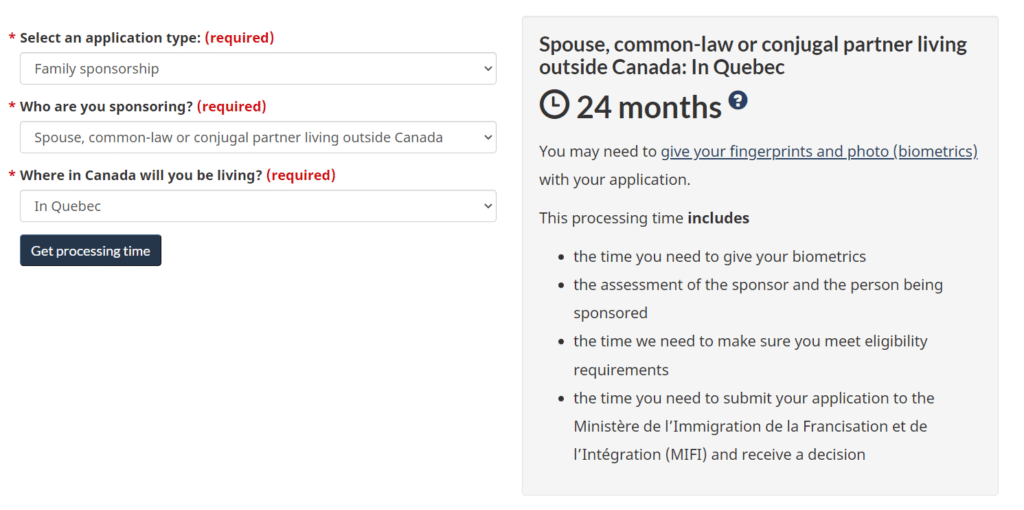Could I still be a Canadian permanent resident if I left Canada a long time ago?
Yes – if no official decision was made that you have lost your Canadian PR status, then legally you remain a Canadian permanent resident. Even if you left Canada many years ago, you may be able to return to Canada as a permanent resident. There is no time limit on how long you can be outside Canada before you attempt to return.
It is extremely common that people who came to Canada as permanent residents in the past and then left Canada do not realize that they still legally hold Canadian PR status.
When someone is granted the status of a permanent resident, they continue to hold this status indefinitely until and unless an official decision is made that they are no longer a permanent resident.
Examples of an official decision that someone no longer holds Canadian PR could include
If none of these or other official decisions have been made to end a person’s Canadian PR status, then that person legally remains a PR.
Canadian PR Residency Obligation
Once a person becomes a permanent resident of Canada, they are required to be physically present inside Canada for at least 730 days (2 years) out of every 5 year period. If a permanent resident does not stay in Canada this minimum amount of time, they can lose their permanent resident status.
There are exemptions to the physical presence requirement – if a Canadian PR is living outside Canada with their spouse or common-law partner who is a Canadian citizen, or if they work outside Canada for a Canadian business or government, then they may be able to meet the PR residency requirement in this way. NOTE: not every job with a Canadian business or situation of living with a Canadian spouse meets these requirements.
How to return to Canada without a valid PR card
In order to return to Canada from outside the country, every Canadian permanent resident needs a valid PR card. PR cards are issued for a period of 5 years, and then they expire. If a permanent resident does not have a valid PR card (such as if it is expired, or was lost or stolen), there are 3 ways for them to return to Canada from outside the country:
- apply to renew their PR card – this must be done from inside Canada before they leave the country
- apply for a PR Travel Document (PRTD) – this must be done from outside Canada
- travel across the land border from the United States using a private vehicle
Even if someone became a permanent resident years ago and their PR card is long expired, they can either attempt to enter Canada from the United States via the land border (assuming they already have or do not need a US visa), or they can apply for a PR Travel Document which would allow them to board a plane to Canada.
Canadian PR Residency Obligation for entering Canada
Every time that a Canadian permanent resident enters Canada, they are examined by Canada Border Services Agency (CBSA). CBSA will determine at the time they enter Canada whether they meet the PR residency obligation. If the permanent resident does not meet the residency obligation, then there are several possible outcomes:
- CBSA could issue a removal order on the spot, which is the first step toward losing PR status
- CBSA could issue a report under section 44 of the Immigration and Refugee Protection Act
- CBSA could do nothing, and allow the permanent resident to enter Canada
In order to submit an application for PR Travel Document or PR card, the applicant must meet the residency obligation of 730 days inside Canada at the time the application is made. If they do not meet the residency obligation, then their only option would be to request humanitarian and compassionate considerations for the application.
PR Card Renewal or PRTD Application on Humanitarian and Compassionate Grounds
If a permanent resident was not able to meet the residency obligation of 730 days either by being physically present in Canada, or through one of the other exemptions such as living with a Canadian spouse outside Canada, they may be able to request consideration of their case on Humanitarian and Compassionate grounds.
Many factors are considered to determine whether there are sufficient grounds to overcome the breach of the residency obligation. Some of the factors considered are
- the age when the applicant left Canada (were they a minor)
- why they left Canada
- how soon they are attempting to return to Canada
- level of establishment both inside and outside Canada
- hardship that will be faced if the applicant is not allowed to return to Canada as a PR
This is not a comprehensive list – there are many factors which are considered and they are evaluated on a case by case basis.
If an officer determines that there are sufficient humanitarian and compassionate grounds present, then they can approve the PRTD or PR card renewal application – the law is specific that humanitarian and compassionate considerations can overcome any breach of the residency obligation. Meaning that, no matter how long someone has been outside Canada, they may still be allowed to return to Canada as a permanent resident if humanitarian and compassionate considerations are granted.
Legal Test for Humanitarian and Compassionate Grounds
These cases have many challenges and are difficult to have approved. However, with good-quality evidence and legal arguments, it is very possible for an applicant to be successful.
There is a legal test for what constitutes “sufficient” humanitarian and compassionate grounds to overcome the breach of the residency obligation. To be successful, the application, evidence, and arguments need to demonstrate that the applicant meets this legal test in order for an officer to exercise their discretion and approve the application.
Contact us if you left Canada as a permanent resident, but want to return to Canada now.
Book Appointment














